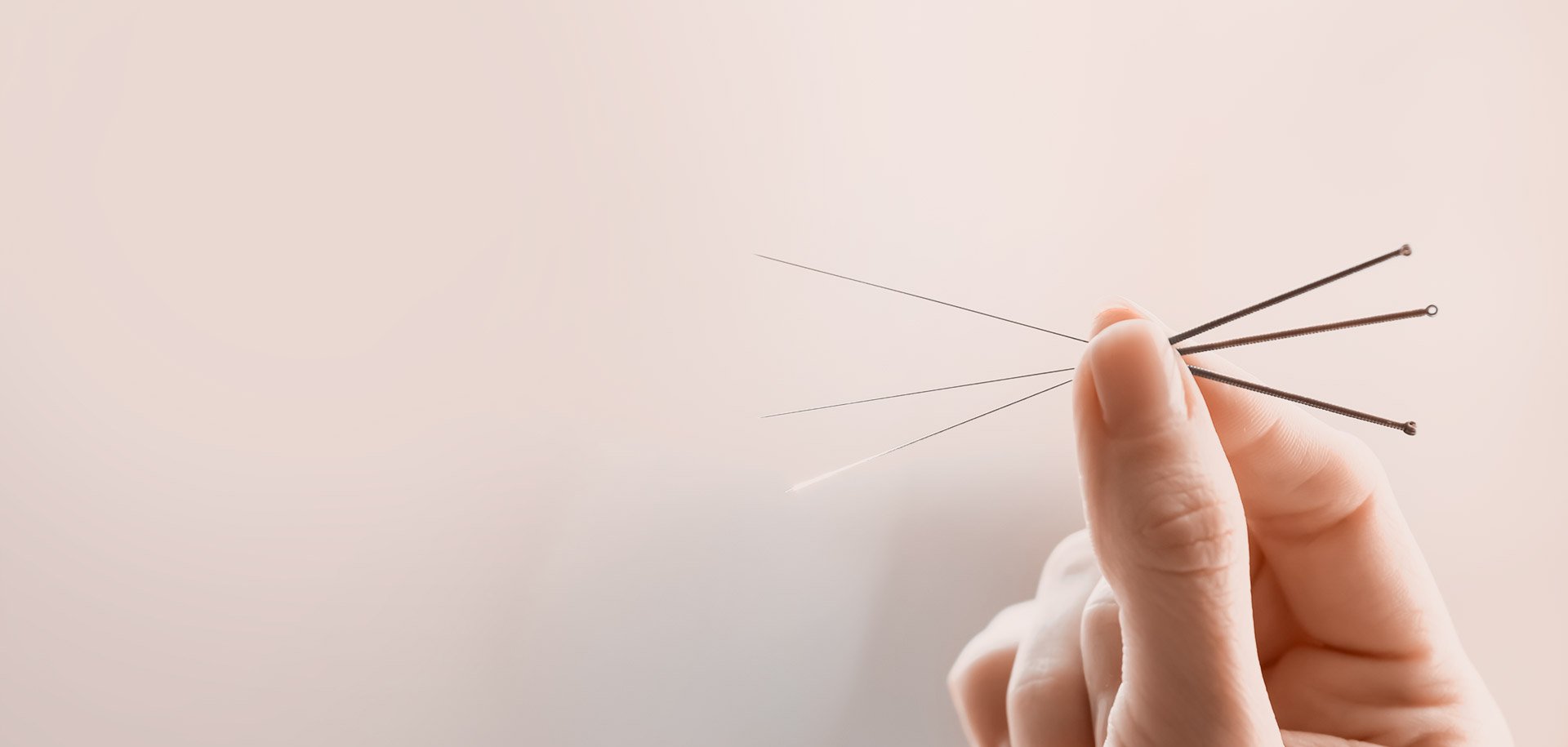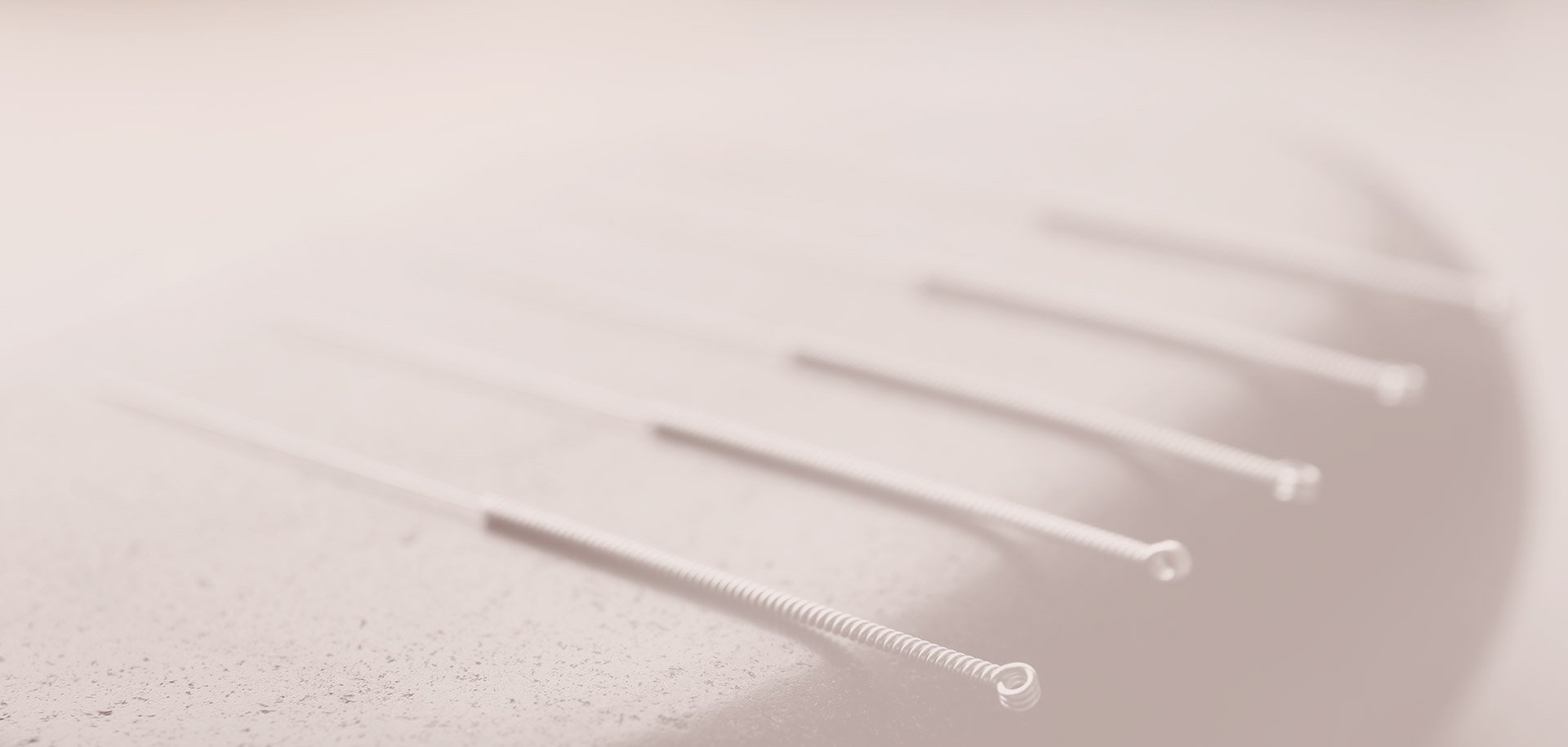Traditional Chinese Medicine for Meniere's Disease
Meniere's disease is a chronic inner ear disorder that causes vertigo, tinnitus, hearing loss, and a feeling of fullness in the affected ear. While Western medicine primarily manages symptoms through medications, dietary changes, or surgery in severe cases, Traditional Chinese Medicine (TCM) for Meniere's disease offers a holistic approach to treatment, addressing both symptoms and underlying imbalances in the body.
Understanding Meniere’s Disease in TCM
According to TCM principles, Meniere’s disease is often associated with disharmonies in the liver, spleen, and kidneys, as well as issues related to phlegm-damp accumulation and blood stagnation. The liver plays a key role in regulating Qi (energy flow), and when liver Qi stagnates, it can lead to an internal wind, causing dizziness and vertigo. Meanwhile, a weak spleen can contribute to excessive dampness, which in turn affects the ear’s balance system. Kidney deficiency may also be a factor, especially in chronic cases, as the kidneys are believed to govern the ear’s health.
TCM Approaches to Treating Meniere’s Disease
1. Herbal Medicine
Chinese herbal formulas are customized based on the individual’s specific pattern of disharmony. Some commonly used herbs for treating Meniere’s disease include:
- Ban Xia (Pinellia): Helps resolve phlegm and dampness that contribute to dizziness.
- Tian Ma (Gastrodia): Used to calm internal wind and reduce vertigo symptoms.
- Gou Teng (Uncaria): Soothes the liver and reduces excessive yang that may cause dizziness.
- Bai Zhu (Atractylodes): Strengthens the spleen and helps eliminate dampness.
- Fu Ling (Poria): Promotes fluid metabolism and reduces water retention in the body.
2. Acupuncture Therapy
Acupuncture is an effective treatment for balancing the body’s energy flow and alleviating symptoms of Meniere’s disease. Key acupuncture points for this condition include:
- Feng Chi (GB20): Helps relieve vertigo and headaches by regulating Qi flow.
- Tai Chong (LV3): Soothes liver Qi stagnation and promotes overall balance.
- Zusanli (ST36): Strengthens the spleen and digestive system to reduce damp accumulation.
- Shen Men (HT7): Calms the mind and alleviates stress-related symptoms.
3. Dietary and Lifestyle Recommendations
In TCM, dietary therapy plays an essential role in managing Meniere’s disease. Patients are advised to avoid excessive salt, caffeine, and alcohol, as these substances can exacerbate fluid retention and inner ear pressure. Instead, a diet rich in fresh vegetables, whole grains, and warm, cooked foods can help balance the body’s internal environment. Additionally, stress management techniques such as Tai Chi, Qi Gong, and meditation can further support overall well-being.
Learn More About TCM Treatment
If you are looking for a natural and holistic approach to managing Meniere’s disease, exploring Traditional Chinese Medicine could be an excellent option. To learn more about TCM treatments and find a qualified practitioner, visit Phases Chinese Medicine. Their experienced practitioners offer personalized herbal medicine, acupuncture, and dietary recommendations to help you regain balance and improve your quality of life.
Conclusion
Traditional Chinese Medicine for Meniere’s disease provides a comprehensive and natural approach to healing, addressing the root cause of the condition rather than just managing symptoms. With a combination of herbal remedies, acupuncture, and lifestyle modifications, many individuals find relief from dizziness, tinnitus, and other distressing symptoms. By restoring harmony in the body, TCM aims to enhance overall well-being and promote long-term health.


